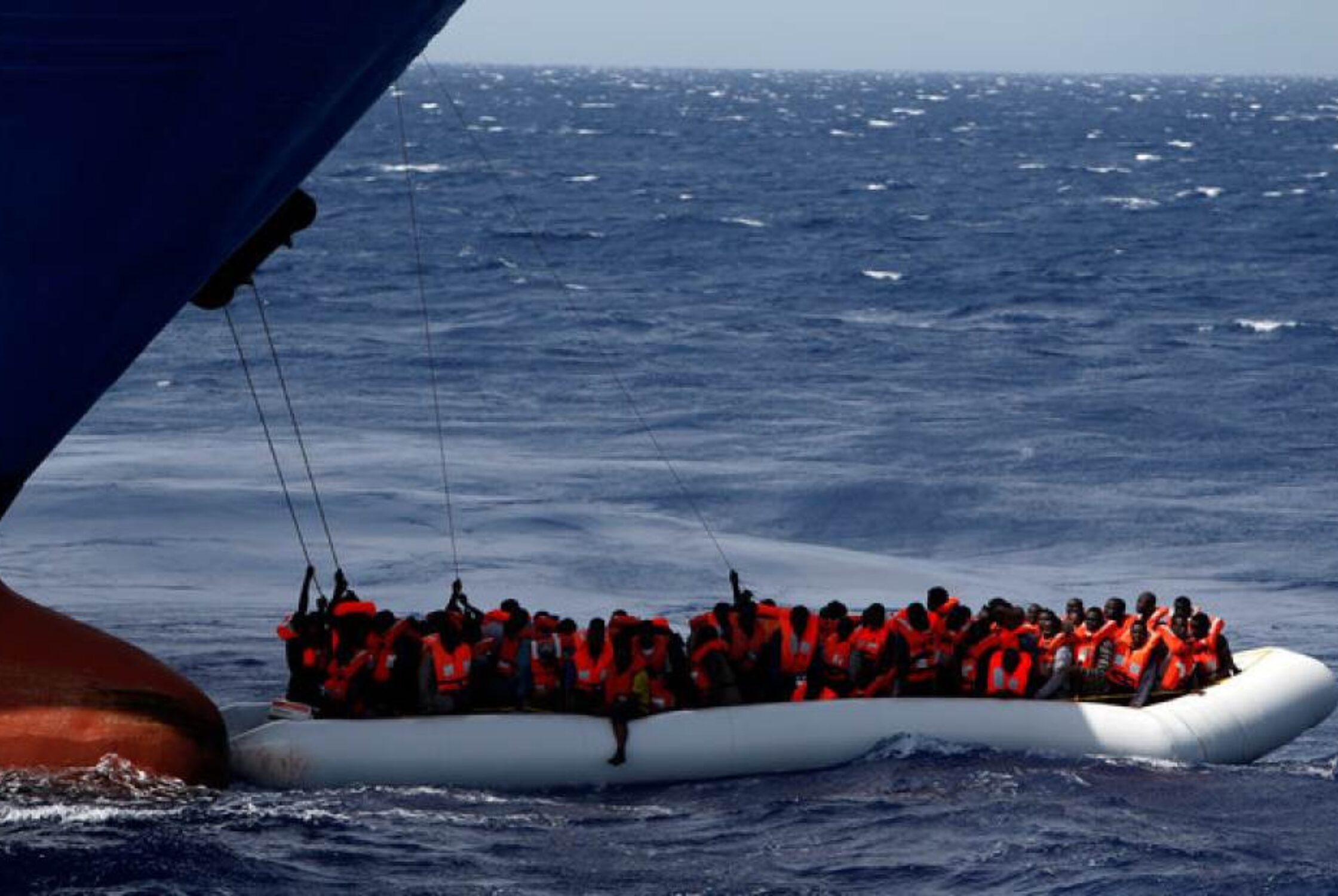Will G7 Leaders in Sicily think of lives lost in the Mediterranean?

This week, the leaders of seven of the world’s wealthiest and most powerful nations will meet in Taormina, Italy, for this year’s G7 summit.
The leaders of the U.S., the UK, France, Germany, Italy, Japan, Canada, and the EU will attend the meeting on the Sicilian coast. As they marvel at the beautiful views of the Mediterranean Sea, will they think of the men, women and children who put their lives in the hands of ruthless smugglers to reach Italy’s shores?
In the past few years, shipwrecks in the Mediterranean have become a regular part of the news. Since January 2017, more than 1,500 men, women and children have lost their lives trying to reach Europe by sea, most of them between Libya and Italy. 2016 was the deadliest year on record, with 5,098 people recorded as dead or missing in the Mediterranean. The world’s deadliest migration route is on the shores of the world’s wealthiest economic bloc. And the death count continues.
On a recent trip to Sicily, I spoke with dozens of refugees and migrants who had made, and thankfully survived, this deadly journey. They described unimaginable cruelty by human smugglers who detained and abused them for months at a time. Food was scarce – a piece of bread, a small handful of pasta – causing many to suffer from malnutrition. One 30-year-old man from Eritrea told me that by the time he arrived in Italy, he was so weak from the lack of food that he was unable to walk. Others, who had been detained in migrant detention centres, described poor conditions and beatings by people working in the centers. Sexual abuse against refugee and migrant women and girls along the journey in the Sahara desert and in Libya is so widespread that some women choose to take contraceptive injections before they set out on the trip as a preventative measure.
The leaders of the U.S., the UK, France, Germany, Italy, Japan, Canada, and the EU will attend the meeting on the Sicilian coast. As they marvel at the beautiful views of the Mediterranean Sea, will they think of the men, women and children who put their lives in the hands of ruthless smugglers to reach Italy’s shores?
Whether these men, women, and children initially planned on Libya being their final destination – an oil-rich country where they could find work – or it was meant to be a short stop on their way to Europe, it is not difficult to understand why they left. “Libya is hell on earth, there’s no other word for it” is how one Guinean man described his experience to me days after he arrived on the island of Lampedusa.
And yet the EU is focusing its efforts not on increasing its rescue efforts but on preventing more departures from Libya. The EU is providing training and equipment to the Libyan coastguard. This can be beneficial if it results in saving lives in Libyan waters and humane treatment of those who are rescued or intercepted. But the reality is that the EU is supporting the Libyan authorities to intercept those at sea only to detain them in inhumane conditions back in Libya.
The leaders of the G7 countries will not see the people rescued from sinking rubber dinghies in the Mediterranean Sea, but they cannot ignore them.
Refugees and migration are at the top of the political agendas in the EU and the U.S. As these governments look to other counties to prevent more people from arriving at their borders, they should remember that the majority of people displaced from their homes live in middle or lower income countries such as Turkey, Pakistan, Lebanon, and Iran and Ethiopia. In 2016, over 31 million people were displaced within their own country due to natural disasters, conflicts, or violence.
The leaders of the G7 countries will not see the people rescued from sinking rubber dinghies in the Mediterranean Sea, but they cannot ignore them. If EU leaders want to break the business model of smugglers, they must provide viable alternatives through safe, legal, and orderly channels such as resettlement and family reunification. If they truly want lives to be saved in the Mediterranean, EU leaders should use their resources to proactively conduct rescue operations and make this a priority. And if participants in the G7 want the rest of the world to take in and assist more people fleeing from war, persecution and poverty, they should set an example of solidarity and protection.
Top photo credit: Reuters